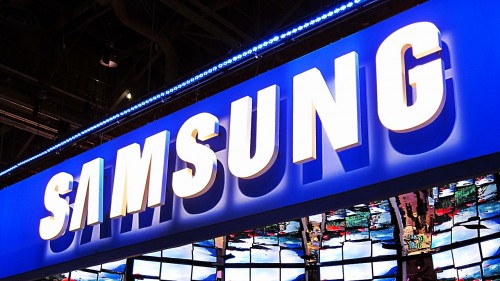Samsung, Xiaomi Among Smartphone Brands Allegedly Involved in eCommerce Collusion In India

The Competition Commission of India’s (CCI) investigations uncovered that both Amazon and Flipkart gave preferential treatment to select sellers and offered steep discounts, practices that allegedly harmed competition. The CCI’s comprehensive reports, totaling over 2,700 pages, assert that Samsung, Xiaomi, Motorola, Realme, and other smartphone manufacturers were involved in these anticompetitive behaviors, which were in violation of local laws.
Per Reuters, the CCI’s report on Amazon, spanning 1,027 pages, highlights that the Indian branches of Samsung, Xiaomi, Motorola, Realme, and OnePlus were implicated in colluding with Amazon to exclusively launch their phones, thus breaching competition regulations. Similarly, Flipkart was found to have engaged in analogous practices with Samsung, Xiaomi, Motorola, Vivo, Lenovo, and Realme, according to a 1,696-page report by the CCI.
Read more: Samsung Accuses Broadcom of Violating Antitrust Rules in Lawsuit
The findings underscore concerns about the impact of exclusivity on free and fair competition. G.V. Siva Prasad, additional director general at the CCI, condemned the practice, stating that exclusivity undermines competition and consumer interests.
The reports, dated August 9 and not yet publicly released, have been first reported by Reuters. Xiaomi declined to comment on the allegations, while other smartphone companies did not respond to requests for information. Amazon, Flipkart, and the CCI have also refrained from commenting on the detailed findings of the reports.
The investigation was initially spurred by a 2020 complaint from the Confederation of All India Traders, a major retail association with 80 million members, highlighting concerns over unfair practices in the eCommerce sector. According to the CCI’s findings, Amazon and Flipkart allegedly downplayed the extent of exclusive product launches during the investigations.
The probe also revealed that Amazon and Flipkart utilized foreign investments to offer subsidized services, such as warehousing and marketing, to favored sellers, further entrenching their market dominance. As a result, some smartphone companies have been directed to provide their financial statements for the past three fiscal years, certified by auditors, to the CCI.
With India’s eCommerce market projected to surpass $160 billion by 2028, up from $57-60 billion in 2023, the findings represent a significant setback for Amazon and Flipkart. The CCI is expected to review any objections to the reports in the coming weeks and may impose fines or mandate changes to business practices.
Source: Reuters
Featured News
Big Tech Braces for Potential Changes Under a Second Trump Presidency
Nov 6, 2024 by
CPI
Trump’s Potential Shift in US Antitrust Policy Raises Questions for Big Tech and Mergers
Nov 6, 2024 by
CPI
EU Set to Fine Apple in First Major Enforcement of Digital Markets Act
Nov 5, 2024 by
CPI
Six Indicted in Federal Bid-Rigging Schemes Involving Government IT Contracts
Nov 5, 2024 by
CPI
Ireland Secures First €3 Billion Apple Tax Payment, Boosting Exchequer Funds
Nov 5, 2024 by
CPI
Antitrust Mix by CPI
Antitrust Chronicle® – Remedies Revisited
Oct 30, 2024 by
CPI
Fixing the Fix: Updating Policy on Merger Remedies
Oct 30, 2024 by
CPI
Methodology Matters: The 2017 FTC Remedies Study
Oct 30, 2024 by
CPI
U.S. v. AT&T: Five Lessons for Vertical Merger Enforcement
Oct 30, 2024 by
CPI
The Search for Antitrust Remedies in Tech Leads Beyond Antitrust
Oct 30, 2024 by
CPI